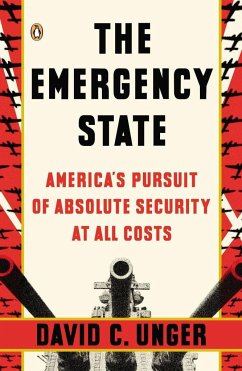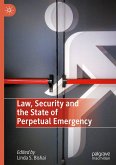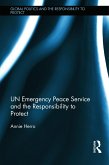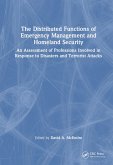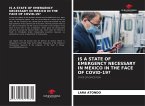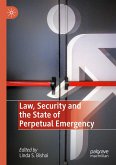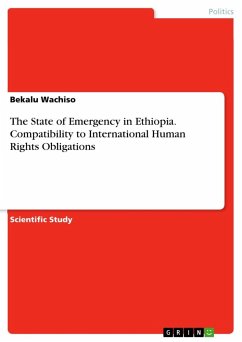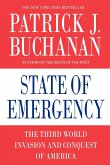From the New York Times’s veteran foreign policy editorialist, a lucid analysis of the harm caused by America’s increasingly misdirected national security state America is trapped in a state of war that has consumed our national life since before Pearl Harbor. Over seven decades and several bloody wars, Democratic and Republican politicians alike have assembled an increasingly complicated, ineffective, and outdated network of security services. Yet this pursuit has not only damaged our democratic institutions and undermined our economic strengths; it has fundamentally failed to make us safer. In The Emergency State, senior New York Times writer David C. Unger reveals the hidden costs of America’s bipartisan obsession with achieving absolute national security and traces a series of missed opportunities—from the end of World War II through the presidency of Barack Obama—when we could have rethought our defense strategy but did not. Provocative, insightful, and refreshingly nonpartisan, this is the definitive untold story of how America became so vulnerable—and how it can build real security again.
Hinweis: Dieser Artikel kann nur an eine deutsche Lieferadresse ausgeliefert werden.
Hinweis: Dieser Artikel kann nur an eine deutsche Lieferadresse ausgeliefert werden.

